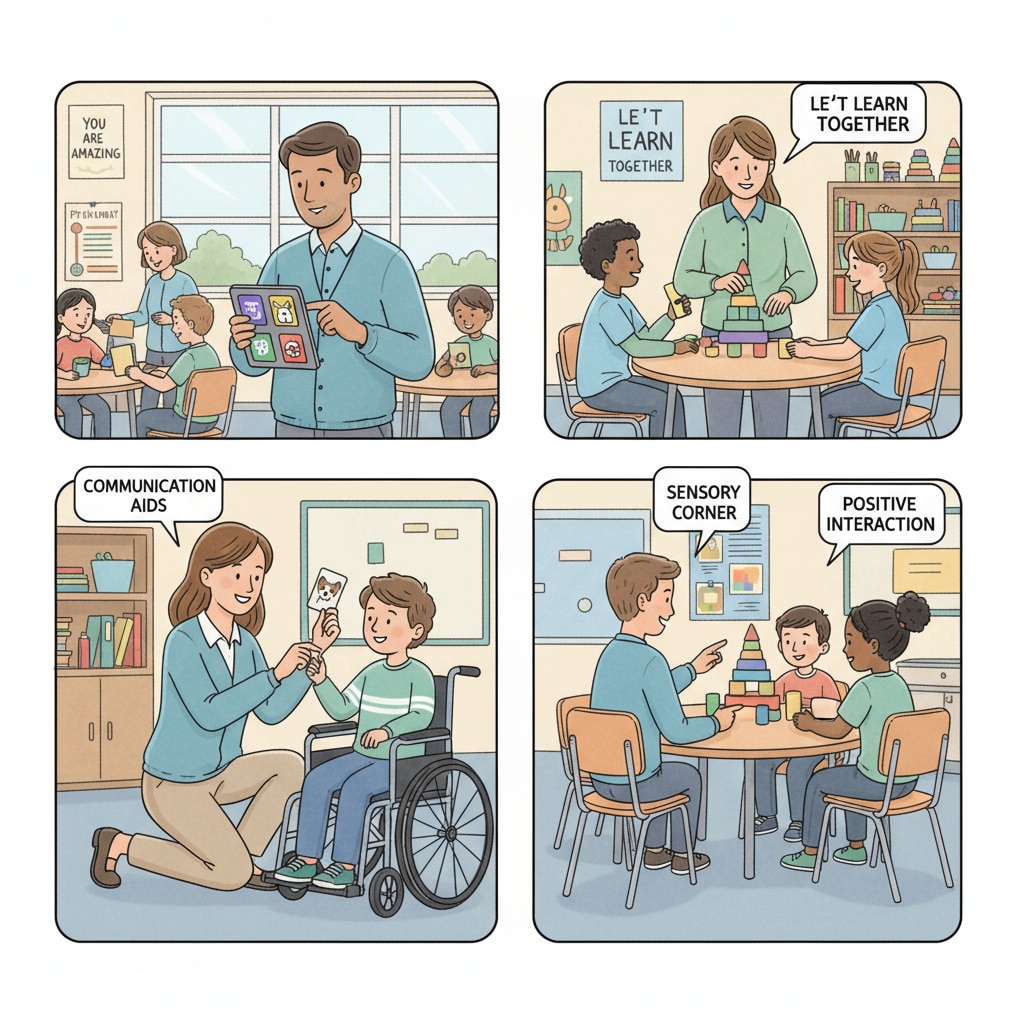Educational masters in special education often find themselves at a crossroads, considering career transitions. Special education teachers possess a unique skill set and educational background that can be leveraged for successful career shifts. This article will explore various possible paths for them to embark on a new career journey.

The Core Competencies of Special Education Teachers
Special education teachers have several key strengths. Firstly, they are highly trained in individualized instruction. They know how to tailor teaching methods to meet the unique needs of each student, whether it’s a child with learning disabilities, autism, or other special needs. This ability to customize educational plans is a valuable asset in many other fields. For example, in corporate training, trainers often need to adapt their materials to different levels of employees’ knowledge and skills. Special education on Wikipedia
In addition, these teachers are masters of patience and communication. Working with special needs students requires an enormous amount of patience, and they have developed excellent communication skills, both verbal and non – verbal, to connect with their students. These soft skills are highly sought after in customer service, counseling, and human resources positions.

Career Transitions into Educational Consulting
One viable path for special education teachers is to transition into educational consulting. With their in – depth knowledge of special education policies, teaching strategies, and curriculum development, they can offer valuable advice to schools, districts, and even private educational institutions. They can help these organizations improve their special education programs, develop inclusive curricula, and train regular educators on how to support special needs students in mainstream classrooms. Educational consulting on Britannica
To make this transition, special education teachers may need to enhance their business and consulting skills. They can take courses in project management, marketing, and business communication to better serve their clients and establish themselves in the consulting field.
Entering the Field of Instructional Design
Another promising career transition option is instructional design. Special education teachers’ experience in creating individualized lesson plans and materials can be directly applied to instructional design. In this role, they can design online courses, training modules, and educational software for a wide range of learners, not just special needs students.
They need to learn some technical skills, such as using instructional design software like Articulate Storyline or Adobe Captivate. Additionally, understanding user experience design and e – learning principles will be beneficial for their success in this field.
Readability guidance: As we can see, special education teachers have multiple paths for career transition. By leveraging their existing skills and acquiring new ones, they can explore these exciting career opportunities. Each option offers a unique way to continue making an impact in the world of education and beyond.


